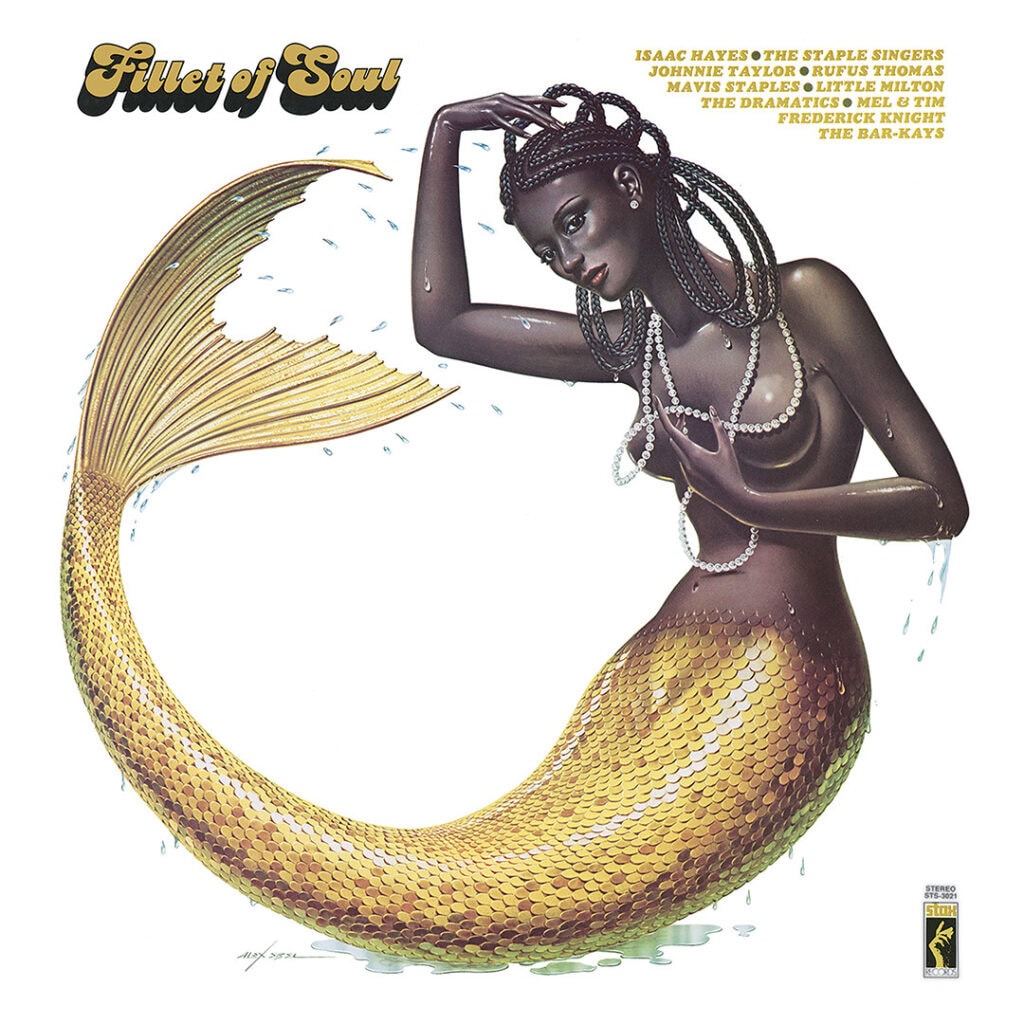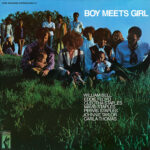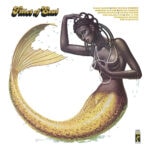Stax Compilations
Fillet of Soul
 By 1972, Stax Records had firmly cemented itself at the height of its influence, having emerged from a turbulent close to the 1960s stronger than ever. Fillet of Soul serves listeners an à la carte experience, sampling several of the label’s biggest recent soul hits. Released in 1972 and reissued by Craft Recordings in 2014, this compilation remains one of the best summations of Stax’s prominence, packed with tracks that have since become timeless classics.
By 1972, Stax Records had firmly cemented itself at the height of its influence, having emerged from a turbulent close to the 1960s stronger than ever. Fillet of Soul serves listeners an à la carte experience, sampling several of the label’s biggest recent soul hits. Released in 1972 and reissued by Craft Recordings in 2014, this compilation remains one of the best summations of Stax’s prominence, packed with tracks that have since become timeless classics.
The album opens with Isaac Hayes’ soul-drenched rendition of The Jackson 5’s “Never Can Say Goodbye.” In this version, pulled from his expansive Black Moses LP, Hayes transforms the youthful pop hit into a sweeping, emotional ballad, leaning on his signature orchestral soul arrangements. Strings and brass envelop his deep, resonant vocals, turning the buoyant original into a haunting expression of heartache. As bold as this reinterpretation is, its placement as the album’s opener highlights both the vast emotional depth of Stax’s output and the label’s status as a beacon of soul music innovation.
Next, The Staple Singers continue the momentum with their joyful cover of Bobby Bloom’s “Heavy Makes You Happy (Sha-Na-Boom Boom),” blending rock, soul, and gospel into a feel-good anthem. Produced by Al Bell, the track takes Bloom’s pop tune and imbues it with a spiritual, uplifting energy. The Staples’ ability to balance their gospel roots with crossover appeal made this song a key moment in their transition to mainstream success, resonating with both their urban Black audience and the emerging counterculture.
Detroit’s The Dramatics follow with “Whatcha See Is Whatcha Get,” their breakout hit penned by Tony Hester. Led by a dynamic call-and-response chorus, the track showcases the group’s tight harmonies and streetwise charisma. With its swaggering rhythm and straightforward, no-nonsense lyrics, the song marked The Dramatics’ arrival as major players in the soul scene and embodied Stax’s ability to bridge sophistication with the grit of everyday life.
In contrast, “Starting All Over Again” by Mel & Tim slows things down with a tender reflection on reconciliation and renewal. The track exudes sincerity against a lush backdrop, offering a more vulnerable take on love. Following a steady, solemn march, the arrangement lacks any urgency rhythmically, instead falling into a bewildering, dreamlike trance. Yet, Mel & Tim remain confident and forthright in their performance, singing of new beginnings, honor, and commitment to love.
The energy ramps up again with The Bar-Kays’ “Son of Shaft,” a pseudo-sequel to Isaac Hayes’ iconic Shaft theme. Exploding with kinetic funk, the track channels the original’s cinematic flair but refocuses it on the dance floor, forecasting the proto-disco grooves that would dominate the next decade.
Frederick Knight’s understated and contemplative “I’ve Been Lonely for So Long” stands out on the compilation for its meditative reflection on isolation. Quaint and minimal, the song exceeded expectations as a viable hit for the label. Knight’s entry may be the most understated in its experimentation, held together nicely by the slight touch of a tambourine and his lilting but mighty falsetto.
Side B begins as the first side does: with Isaac Hayes doing what he does best. On “The Look of Love,” Hayes takes on a Burt Bacharach and Hal David composition. With time as a concept out the window, Hayes fills every moment of the song’s runtime with his expert repertoire of breathy longing. Meanwhile, swells of horns amplify his distinct sense of desperation.
Next, The Staple Singers return with their iconic anthem “I’ll Take You There,” a song rooted in hope and underscored by an undeniable groove. Mavis Staples’ commanding vocals, paired with the Muscle Shoals rhythm section, helped the song soar to the top of both the R&B and pop charts.
Johnnie Taylor’s “I Don’t Wanna Lose You” introduces the singer’s knack for character-driven storytelling. In the song, Taylor aches for love in a spoken intro, nearly convinced his heartbreak has manifested in actual physical ailment. While not one of his biggest hits, the song still exemplifies Taylor’s mastery of narrative soul and strengthens the compilation with its lyrical and emotional depth.
Rufus Thomas’ “The Breakdown” injects ample, playful fun back into the album. Led by a rollicking wah-wah guitar, the track is a charismatic romp with little conceptual depth beyond its infectious groove. The point is simply to have a great time with Stax’s most dynamic showman, and that’s exactly what Thomas delivers.
Little Milton closes the compilation with the bluesy “If That Ain’t a Reason (For Your Woman to Leave You).” Guttural and matter of fact in his delivery, Milton tells it like it is, warning unfaithful men of the pitfalls of infidelity. Despite its serious subject matter, the uptempo arrangement lends a sense of levity, inviting listeners to dance to a cautionary tale disguised in a spectacular groove.
In just 12 tracks, Fillet of Soul encapsulates the diversity and depth of Stax Records during the early 1970s. Whether through Isaac Hayes’ orchestral masterpieces, The Staple Singers’ gospel-infused hits, or Rufus Thomas’ infectious dance tracks, this compilation offers a vivid snapshot of the label’s ability to shape the sound of soul music. It remains a testament to Stax’s enduring legacy and its lasting influence on the genre.
by Jared Boyd
Stax Compilations

Boy Meets Girl

Stax Country

Fillet of Soul

The Gospel Truth

Come Go With Me: The Staple Singers

The Complete Stax-Volt Soul Singles, Vol. 4: Rarities & The Best of the Rest

The Complete Stax-Volt Soul Singles, Volume 3: 1972–1975

The Complete Stax/Volt Soul Singles, Volume 2: 1968-1971

Stax Number Ones


